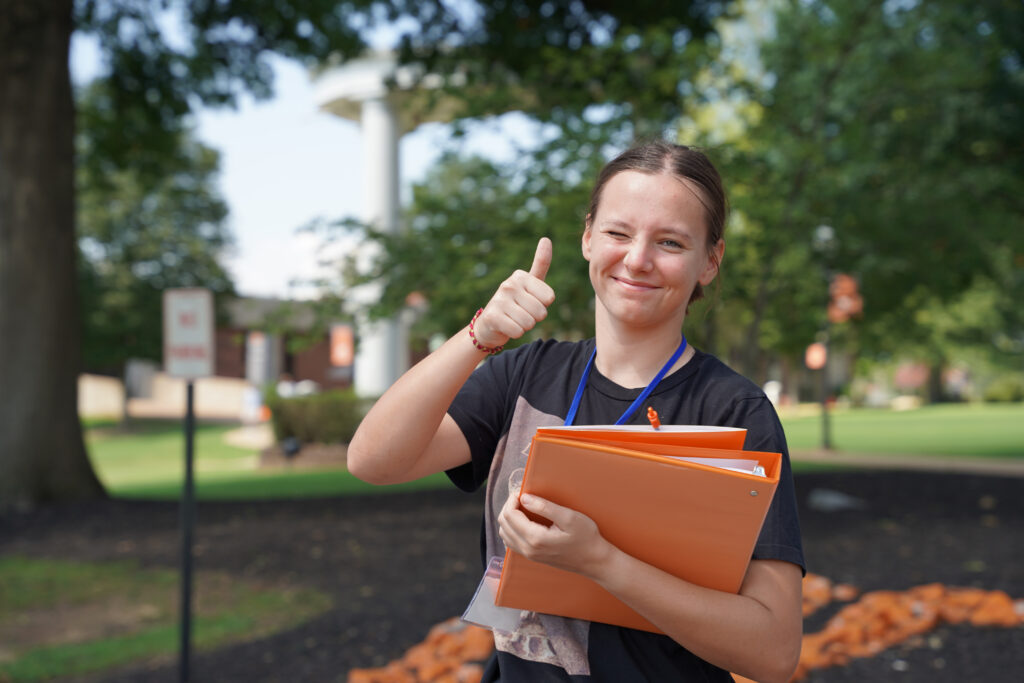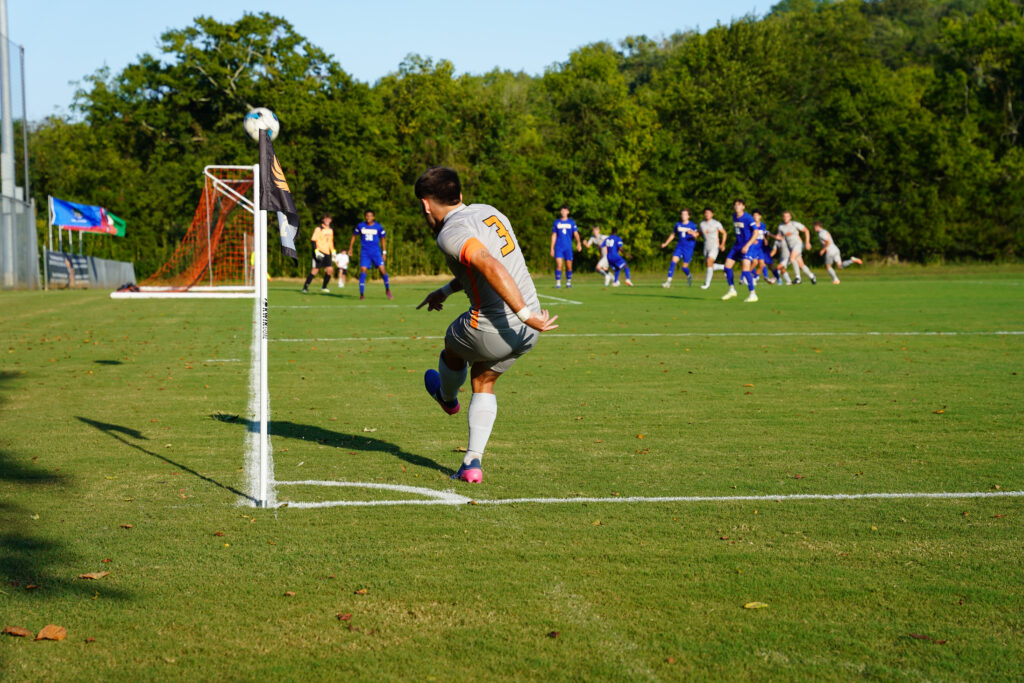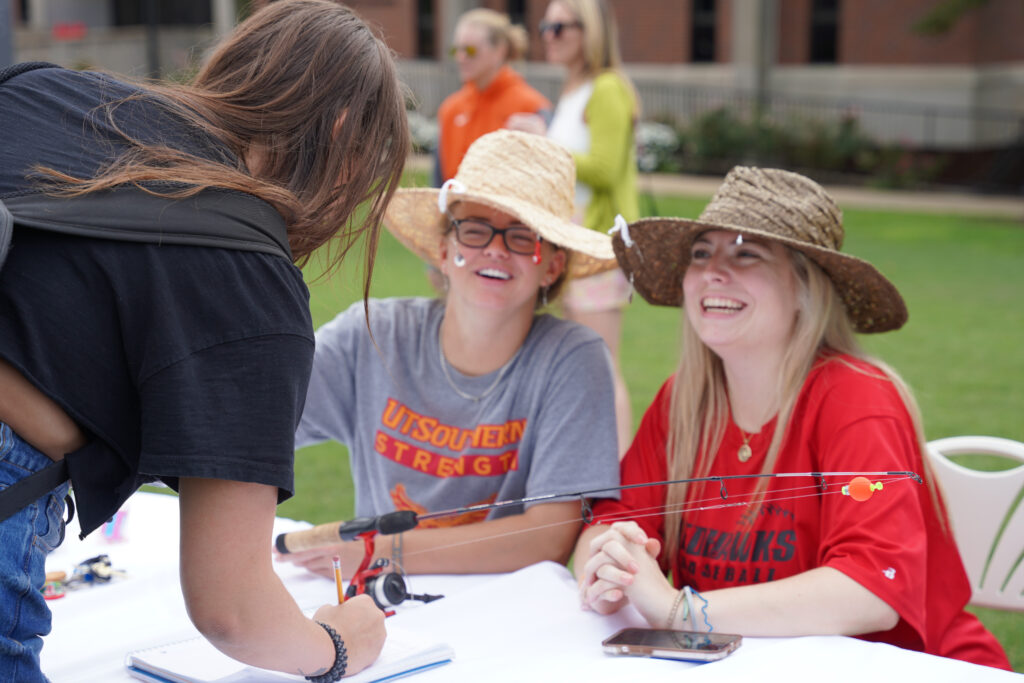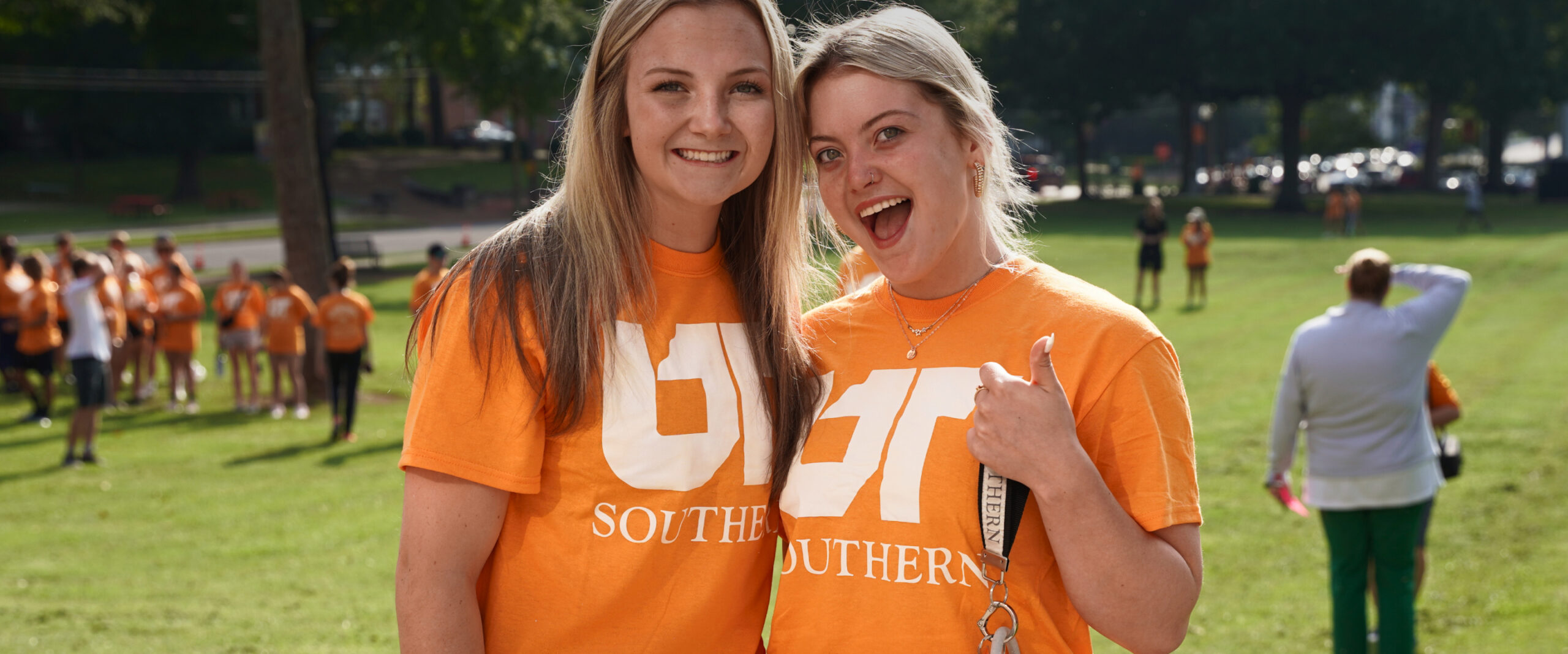Big Enough To Serve, Small Enough To Care
The University of Tennessee Southern, founded in 2021, proudly serves as the newest and smallest member of the UT System, joining as the fourth undergraduate campus through the acquisition of Martin Methodist College.
Located in Pulaski, midway between Chattanooga and Memphis, our campus combines the personalized attention of a tight-knit community with the resources and opportunities of a major public university.
We’re excited to welcome you to our campus, where you’ll find a place that’s committed to your success and invested in your journey. We can’t wait to get to know you better!

Welcome to the front porch.
At UT Southern, find your community and what sparks your fire inside and outside of the classroom. Whether you’re interested in cheering on the Firehawks, finding your place in student organizations, or other ways to get involved outside of the classroom, we’ve got something for everybody.



Fast Facts about UT Southern
1870
The year Martin Methodist, our original historical institution, was founded.
13:1
Our student to faculty ratio keeps your education personalized – most classes have fewer than 20 students.
$20K
Average merit-based aid package received by students at UT Southern
30+
The number of programs and degrees offered at UT Southern.

A Heart For Service
At UT Southern, giving back to our local community is at the core of who we are. Learn how we make a difference for Pulaski and the surrounding community.
Offices and People
Helpful Resources
On-Campus Resources
Policies and Procedures
Student Life


